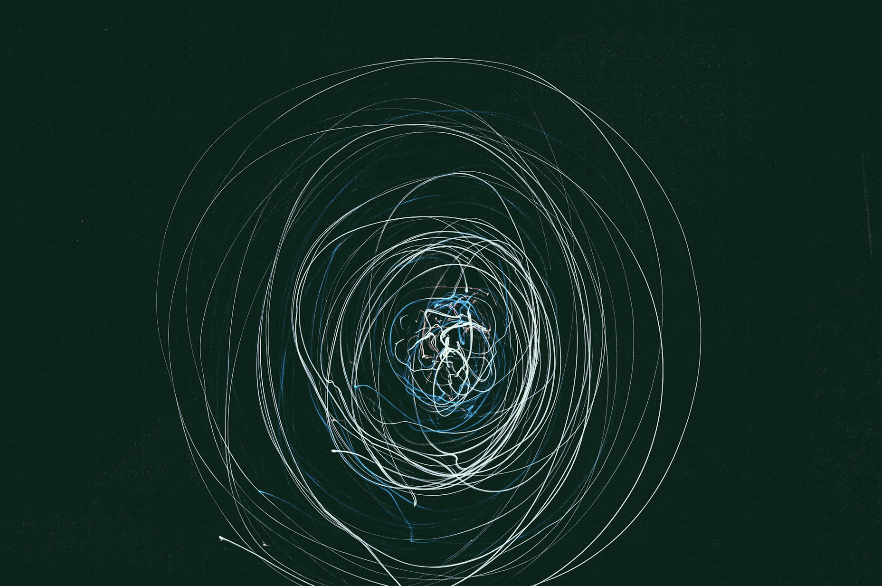Date: Friday–Saturday, October 18–19, 2024
Venue: 370 Dwinelle Hall (Floor F/G), UC Berkeley
Free and open to the public
Abstract: Advances in AI, exemplified in tools like ChatGPT and perplexity.ai, are likely to have a broad impact on the humanities, and the field of Buddhist Studies is no exception. As computers become more proficient at both the translation and analysis of Buddhist texts, one wonders what the effects will be on the training of graduate students and the nature of the field. The Numata Center for Buddhist Studies at UC Berkeley is hosting a two-day workshop to take measure of the present status of these new technologies and to assess their future impact. The workshop is organized in collaboration with Kurt Keutzer and Sebastian Nehrdich of the Berkeley AI Research lab, who are developers of the MITRA translation system for the languages of Buddhism, and Jann Ronis, Executive Director of the Buddhist Digital Research Center.
Program
Welcome and Introduction (Friday 2:30-2:40)
Robert Sharf, UC Berkeley
Panel 1 (Friday 2:40-5:30): Uses of Advanced Computational Methods for the Analysis of Buddhist Texts; Creation and Analysis of Digital Corpora
Chair: Kurt Keutzer, UC Berkeley
Sebastian Nehrdich (UC Berkeley): Dharmamitra Search: Leveraging Multilingual Language Models for Search and Detection of Textual Reuse across Diverse Text Collections
Michael Radich (Heidelberg Centre for Transcultural Studies): A Set of Conceptually Simple Tools and Methods for ‘Android’ Critical Assessment of Ascriptions in the Chinese Buddhist Canon
Jann Ronis (Buddhist Digital Resource Center): Using AI to Transform BDRC’s Massive Archive of Scans into a Dataset for Research and AI Models
Panel 2 (Saturday 9:30-12): Machine Translation of Buddhist Texts
Chair: Alexander von Rospatt, UC Berkeley
Kurt Keutzer (UC Berkeley): Machine Translation and Buddhist Scholarship: Challenges and Opportunities
Meghan Howard Masang (Yale University): Buddhist Translation Process and Its Construction of Intellectual Culture
Bob Miller (84000): Human Intelligence and Buddha Speech: Agency, Automation, and Knowledge
Panel 3 (Saturday 1:30-6): The Impact of AI on the Training and Work of Buddhist Scholars
Chair: Robert Sharf, UC Berkeley
Marcus Bingenheimer (Temple University): The Impact of Large Language Models (LLMs) on DH Methods in Buddhist Studies
Daigengna Duoer (Boston University): Digital Mapping and the Study of Buddhism in Modern Asian History
John Dunne (University of Wisconsin): The Bodhisattva AI – A Cautionary (Meta-) Tale
James Robson (Harvard): Too Much to Know: Curated Authoritative Research Sources for Buddhist Studies in the 21st Century
Don Lopez (University of Michigan): The Fifth Noble Truth
Kiyonori Nagasaki (International Institute for Digital Humanities): Enhancing Buddhist Scripture Research with Imperfect AI Outcomes: A Case Study of the SAT Text Database
*Event organized by the Numata Center for Buddhist Studies at UC Berkeley and made possible by generous gifts from the Glorisun Global Buddhist Network and the Ting Tsung and Wei Fong Chao Foundation.
See the original event posting here.

